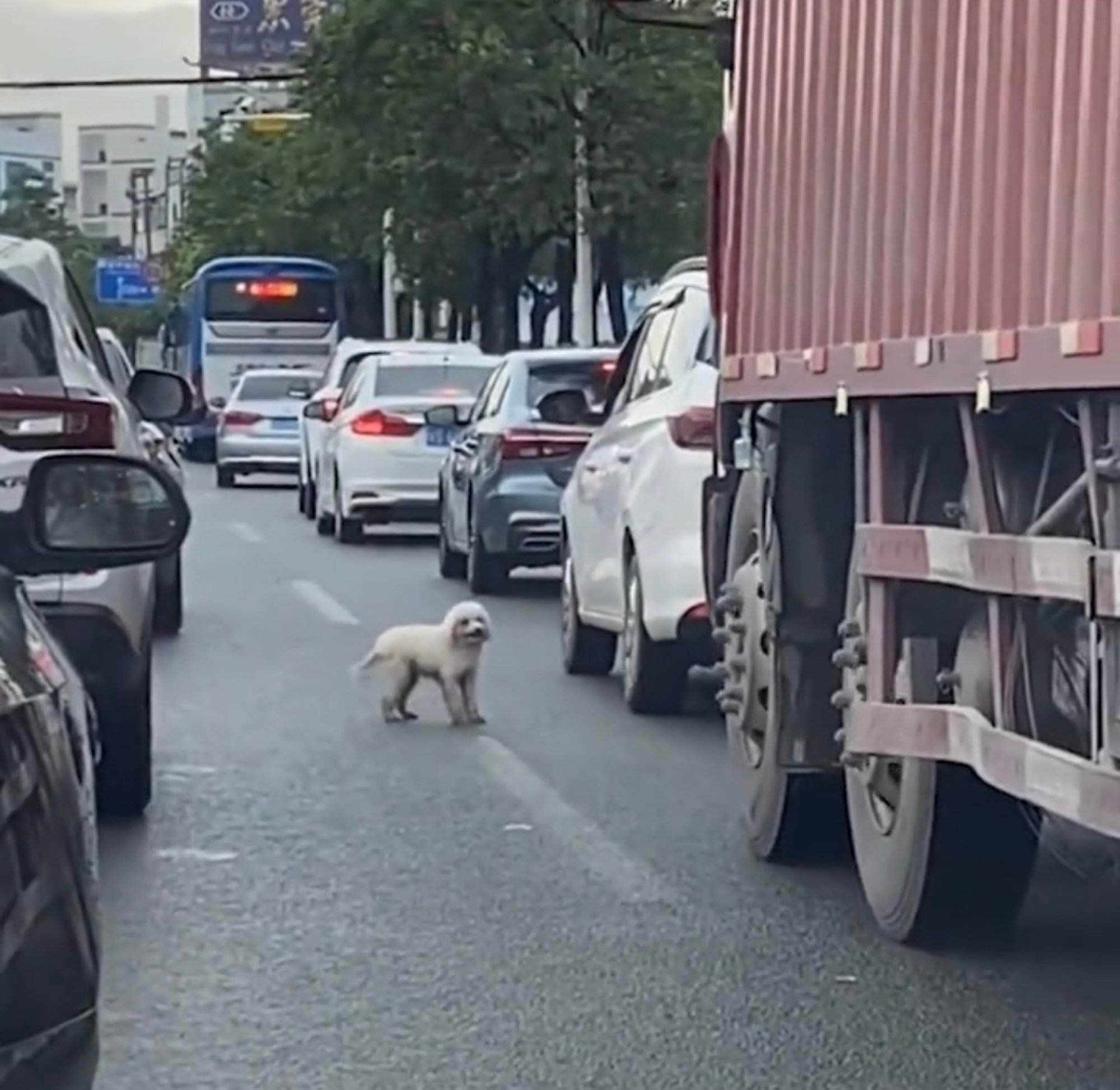A video posted on Weibo last month – showing a college student in Jiangxi province holding a white kitten, kicking it, beating it with a coat hanger and hitting it against a door, making the cat cry out in pain – has roused public anger in China.
After the video was posted, the college announced they had expelled the student after receiving 14 letters accusing him of animal abuse. According to a document read out by a college spokesperson, “The incident spread widely online and affected the school’s reputation.” It also accused the student of sharing lewd videos and skipping classes.
A few days earlier, a similar case of animal abuse surfaced, this time involving a student who had scored the highest mark in a graduate school entrance exam for Nanjing University’s nuclear physics course. In that case, netizens found out he had previously uploaded videos of himself abusing a cat.
The university quickly responded to public concerns, saying that the student had not made it to the final round of applicants due to “failing the ideological and moral assessment”. He also failed to get into his second choice, Lanzhou University, a few days later.
Some said Nanjing University had crossed a line by rejecting a student based on “morals”. Others said it reflected what is most valued in the education system nowadays: universities should focus not only on passing on knowledge, but also on instilling into young people integrity and good values.
Of course, these weren’t the first cases of animal abuse recorded in China. Every year, there are numerous videos that shock the public, but after attention wanes, the issue is quietly forgotten without much getting done to prevent abuse from happening again.

At the heart of the issue is the lack of laws and regulations protecting animals from abuse. People resort to online condemnation, while universities might turn down those accused of abuse on “moral” grounds, a loose concept with debatable notions of what justice should look like. The situation would be different with proper rules in place and legal grounds to take action.
In the past, not much action was taken after cases of animal abuse came to light. In 2023, there were reports of internet food vlogger Jack Latiao torturing a cat for an hour, tying it to a tree, burning it and piercing it with a needle.
Police investigated the matter and detained him for causing a “negative social impact”, after which the vlogger apologised, but there was no further punishment that could be taken. Meanwhile, in the United States, those convicted of the federal crime of animal cruelty face stiff fines and – depending on the state – up to 10 years in prison.
Currently, China has no laws that directly ban animal abuse. Lawyers say it is difficult to define abuse or to decide which animals should be included in the law. Right now, the only way the abuser can be punished is if the owners of the cat or dog sue the abuser for damaging their property. But, in reality, most abusers go after stray animals to avoid any legal liability.
One significant challenge in drafting an animal abuse law is the lack of public consensus that it is a serious crime. Many still believe animals have fewer rights than people. They may think animal abuse is wrong but do not believe people should be jailed for it.
But punishing such abuse isn’t just about protecting animals, it could also help protect people down the line. Research has indicated that animal abuse could be an early indicator that someone would commit serious crimes against people – including assault, murder, rape, partner abuse and child abuse.
The government might also consider criminalising such behaviour if there was more at stake. As an example, in 2020, Shenzhen introduced a regulation to ban eating cats and dogs as part of move to stop the spread of Covid-19.
At the time, many people were surprised that a long-held “tradition” could be banned so easily, but from the government’s point of view, Shenzhen is a relatively new city filled with young people who are against the idea of eating dogs. Moreover, faced with the urgent need to try to stop the pandemic from spreading, it was necessary to ban the practice.
When it comes to animal abuse, if enough people voiced their concerns, the government might eventually take action.
Phoebe Zhang is a society reporter with the Post



